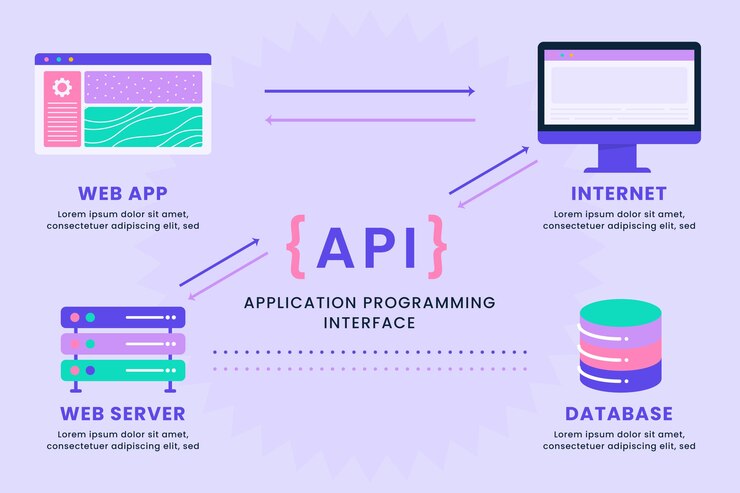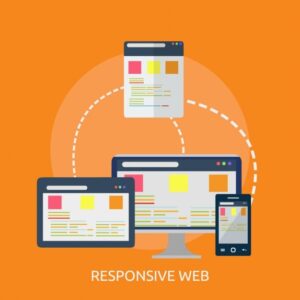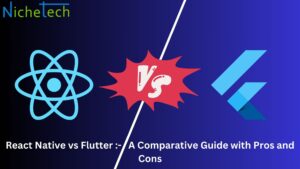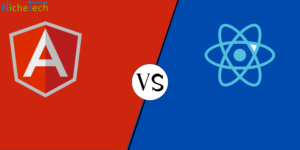In the landscape of modern software development, Google APIs (Application Programming Interfaces) have become indispensable tools for enhancing both web applications and mobile apps. These APIs offer a vast array of functionalities that developers can integrate seamlessly into their projects, enabling enhanced features, improved user experiences, and streamlined backend processes. Let’s delve into some of the key Google APIs and how they contribute to the development of robust applications.
Maps and Location Services
Google Maps API: One of the most widely used APIs, Google Maps API enables developers to integrate dynamic maps, geolocation services, and customized markers into their applications. Whether it’s displaying locations, calculating distances, or providing directions, this API empowers developers to create intuitive and interactive mapping solutions.
Google Places API: This API allows applications to access detailed information about places, including businesses, geographic locations, and points of interest. It enables features like autocomplete suggestions for addresses and places, making it easier for users to input location data accurately.
Cloud Services
Google Cloud Storage API: For applications that deal with large amounts of data, Google Cloud Storage provides a scalable and secure solution for storing and retrieving files. Developers can integrate this API to manage user-generated content, media files, and backups efficiently.
Google Cloud Vision API: This API brings powerful image recognition capabilities to applications, enabling tasks such as image labeling, face detection, and optical character recognition (OCR). It’s particularly useful for applications that require image analysis and processing.
Authentication and User Management
Google Sign-In API: Simplifying user authentication, this API allows users to log into applications using their Google accounts. It provides a seamless authentication experience across devices and platforms, reducing friction during the sign-in process.
Firebase Authentication: Although part of the broader Firebase suite (owned by Google), Firebase Authentication deserves mention for its robust identity platform that integrates with Google accounts and other authentication providers. It supports email/password, phone number, and third-party social login methods.
Machine Learning and AI
Google Cloud Machine Learning APIs: Google offers a suite of machine learning APIs that cover various tasks, such as natural language processing (NLP), translation, and speech recognition. These APIs enable developers to incorporate advanced AI functionalities into their applications without needing deep expertise in machine learning.
Analytics and Performance Monitoring
Google Analytics API: Essential for understanding user behavior and app performance, Google Analytics API allows developers to fetch analytics data programmatically. It provides insights into user engagement, traffic sources, and conversion rates, empowering developers to optimise their apps based on data-driven decisions.
As the landscape of technology continues to evolve, Google’s commitment to providing robust APIs ensures that developers have the tools they need to create cutting-edge applications that meet the demands of modern users. Whether you’re building a simple website or a complex mobile app, integrating Google APIs can significantly elevate your project and pave the way for future innovations in application development.







